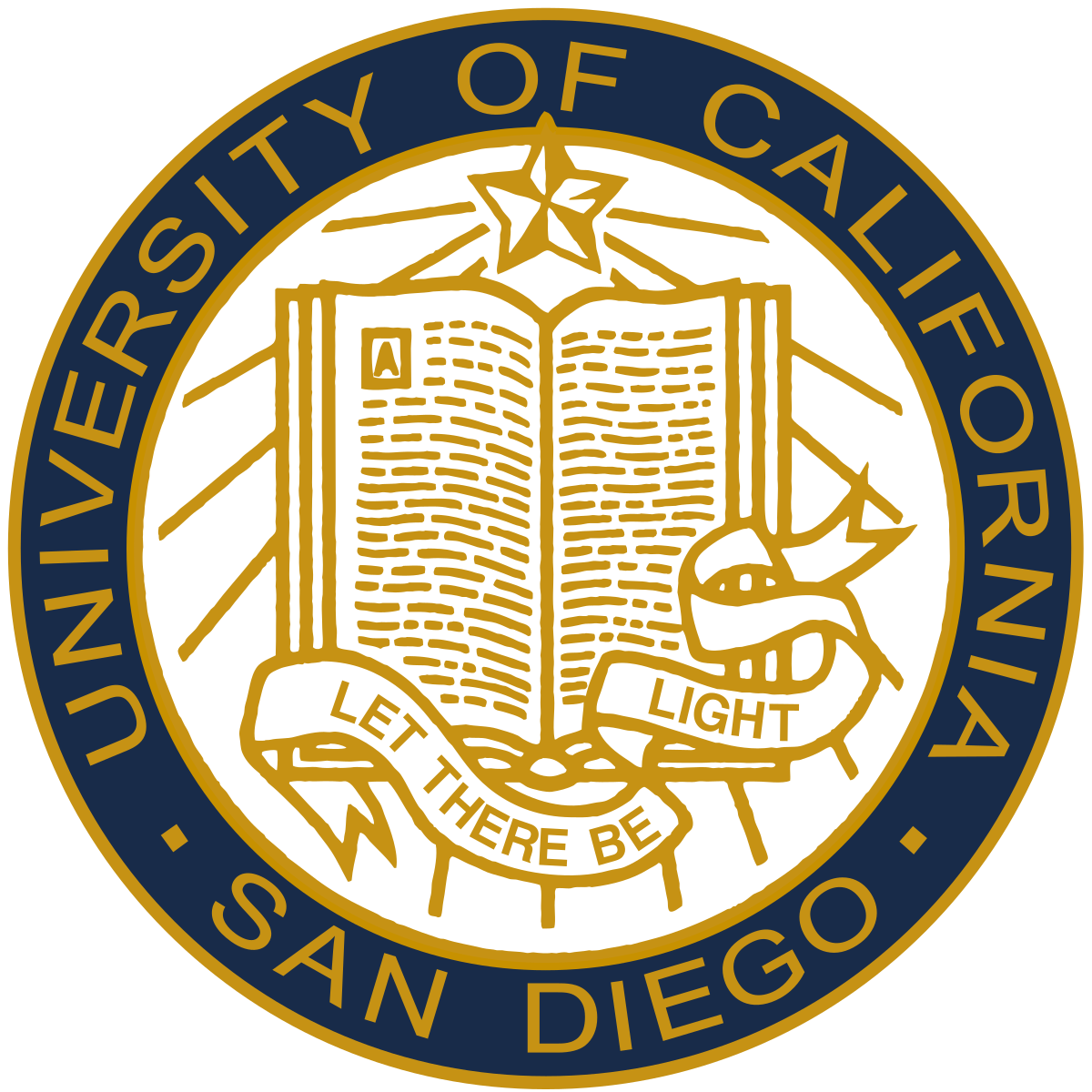UC San Diego: 2VIDA! Tackles COVID Vaccine Hesitancy and Barriers in Latinx, Black Communities
Researchers at University of California San Diego School of Medicine have launched a medical outreach program to get COVID-19 vaccines to Latinx and African American communities in San Diego County. The program, called Project 2VIDA! (SARS-CoV-2 Vaccine Intervention Delivery for Adults in Southern California), is funded by a $3 million grant from the National Institute on Minority Health and Health Disparities, part of the National Institutes of Health (NIH).
2VIDA! is one of five vaccine hesitancy programs recently funded by the NIH, and the only one based in California.
COVID-19 has disproportionately affected Latinx and African American communities, who also face unique barriers to getting vaccinated. Project 2VIDA! will study the individual, social and contextual factors that contribute to these health disparities, and directly educate the public on the safety of vaccines.
“There is no genetic predisposition to COVID-19 — people of color are severely impacted because of social determinants of health and disparities that have not been addressed,” said Argentina Servin, MD, MPH, principal investigator for Project 2VIDA! and assistant professor in the Division of Infectious Diseases and Global Public Health at UC San Diego School of Medicine. “In a high-income country like the U.S., we should not see these disparities and gaps.”
Servin and her team have collaborated with San Ysidro Health (SYHealth) to set up pop-up vaccination sites in neighborhoods that are predominantly African American and Latino and also happen to have high rates of COVID-19 cases. This includes communities in San Ysidro, National City, Chula Vista, Logan Heights, Lincoln Park and Valencia Park.
To increase awareness of the vaccination pop-ups, Project 2VIDA! and SYHealth team members are going door-to-door to homes and local businesses to hand out fliers for upcoming events. Servin hopes this direct approach will help establish relationships and build trust among the local community.
“We catch people during their lunchbreaks, or while they run errands with their kids,” Servin said. “By coming to them, we’re not only making the vaccine as accessible as possible, but we’re also showing these communities that we respect and care about them.”
The pop-up clinics are open two to three times a week at various locations across the county, and offer free COVID-19 vaccination and testing, HIV testing and glucose and blood pressure screenings. The SYHealth team also hands out kits with face masks, antibacterial gel and thermometers.
“When someone comes to us, we want to provide all the services we can,” said Servin. The Project 2VIDA! staff includes bilingual peer health educators who help visitors navigate free transportation services, food security programs, local urgent care and other resources they may be eligible for.
Unlike some other clinics that may request social security numbers or proof of health insurance to register for an appointment, Project 2VIDA! walk-up sites only ask for visitors’ names and contact information.
“Even for individuals who are interested in getting vaccinated, many work in jobs with long or unpredictable hours, which make scheduling an appointment difficult. We need to address the many inconveniences and fears around pursuing health care,” said Servin.
“Through our collaboration with UC San Diego, SYHealth has been able to expand COVID-19 vaccination with care to our community — to meet them where they are,” said Fatima Muñoz, MD, MPH, associate vice president of Health Support Services at San Ysidro Health. “Our community has recognized our SYHealth mobile unit and they trust in our team. Now with the support of Project 2VIDA! we’ll continue facilitating access to the vaccine and expanding other COVID related services.”
In addition to providing COVID-19 vaccines, the project will collect data on health disparities and vaccine hesitancy. Visitors to the sites are invited to complete a questionnaire that surveys their concerns about vaccinating, what sources they trust for medical information, what barriers to health care they have experienced, and more. This information will guide physicians’ approach to community health care moving forward.
“We’re hearing concerns about what’s in the vaccine, if it was rushed, and misconceptions about its effects on health and fertility,” said Raquel Rocha, lead research assistant for Project 2VIDA!. “It’s been so valuable to answer people’s questions face-to-face and in our native language.”
Jose Luis Navarro, a resident of San Ysidro, held some of these concerns before coming to a pop-up at the San Ysidro Chamber of Commerce. After speaking with the staff, Navarro chose to get vaccinated to keep himself and his family safe. Navarro was later asked whether he felt comfortable inviting his family to get vaccinated at the same site. His response: “Obviamente, sí.” (“Obviously, yes.”)
Since the first pop-up opened in July 2021, the Project 2VIDA! and SYHealth team has provided more than 300 vaccine doses and 900 total health services. The project’s initial goal is to enroll and vaccinate 1,000 individuals, but Servin says they are prepared to expand the program and pivot their strategy as the pandemic evolves.
Upcoming events include pop-up vaccination sites at the San Ysidro Chamber of Commerce on September 3 and Northgate Gonzalez Market on University Avenue on September 7, and a partnership with the American Legion to support African American veterans on September 9. To learn more and find the next pop-ups, follow Project 2VIDA! on their Instagram page.

